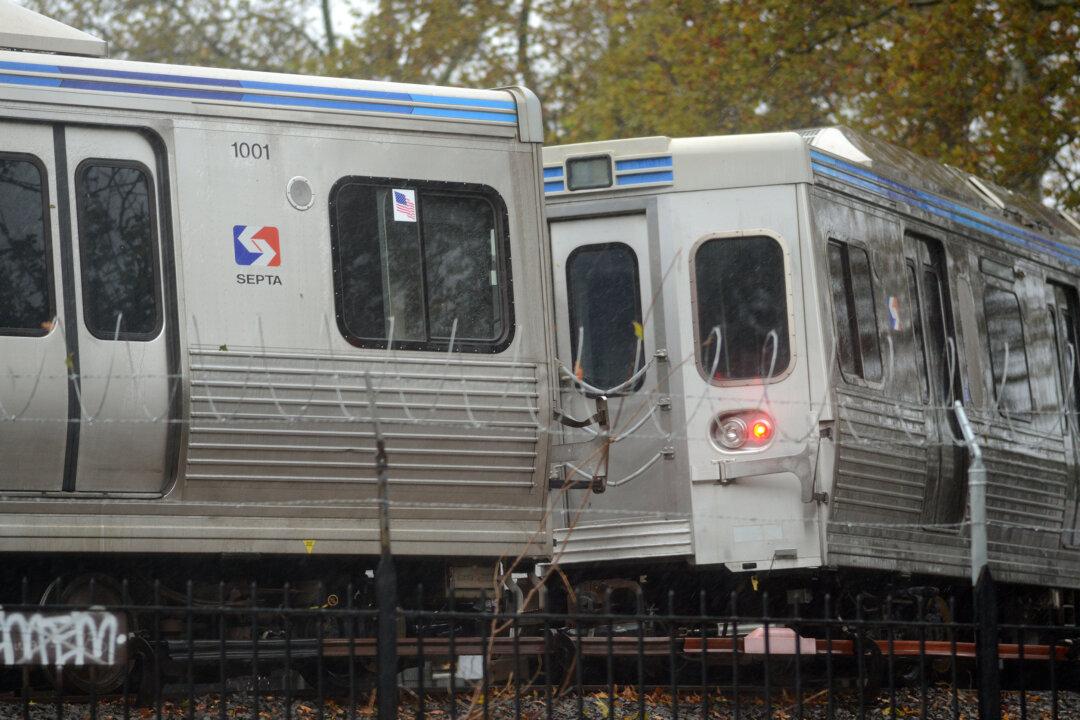The School District of Philadelphia is warning parents that it might be forced to revert back to “100 percent virtual learning” if workers providing transportation for students and teachers go on strike.
In a letter sent to parents Monday, Superintendent William Hite said that Transit Workers Union Local 234 has voted to authorize a strike. The union’s contract with Southeastern Pennsylvania Transportation Authority (SEPTA) will expire on Oct. 31, meaning that a strike could occur on Nov. 1, if a new contract agreement can’t be reached by then.





